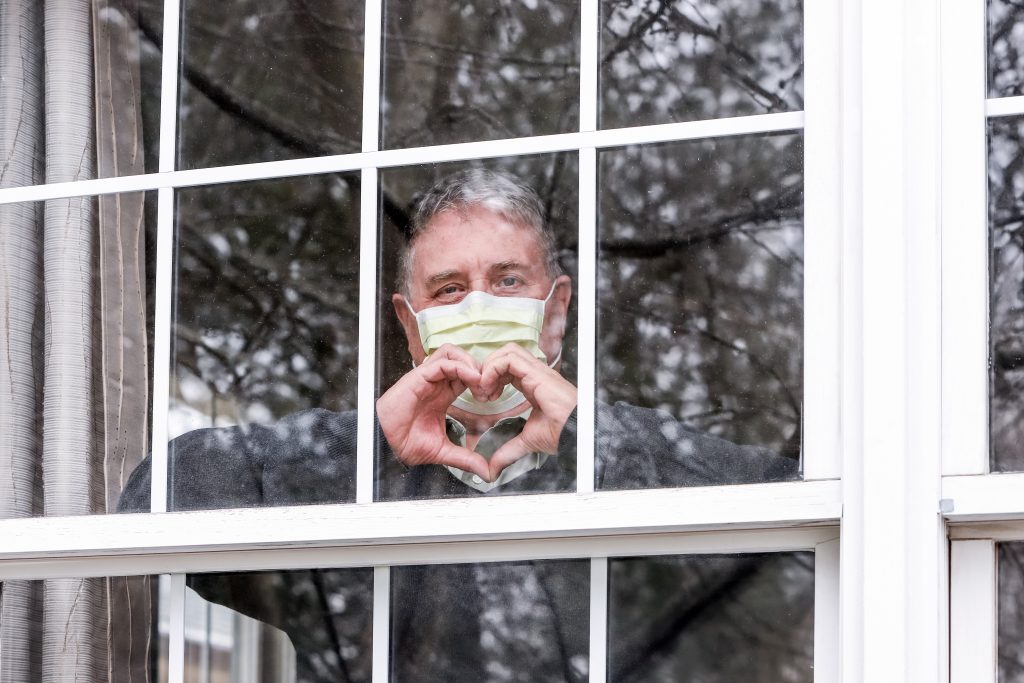Advertisement
Dealing With A Volunteer Shortage?
Many seniors are withdrawing from the volunteer force because of COVID-19

As a vulnerable group, older adults have been told to stay at home. As a direct result, concerns about shortages of volunteers are being reported.
Joanne McKiernan, executive director of Volunteer Toronto, is not surprised. Mature older adults contribute the most of any demographic in terms of hours per year (contributing in excess of 130 hours or more per year) of the volunteer force.
According to McKiernan, many organizations, like Meals on Wheels, hospitals, or daytime programs, require a commitment that a retiree schedule can accommodate. On the other hand, many organizations, such as hospitals, have had to cut back on their volunteer activities, due to COVID.
“We know that the restrictions or safety concerns around COVID has pulled seniors out of volunteering,” says McKiernan. “We also know that our social services are reliant on our volunteers. With seniors being the group volunteering the most hours, there are lots of risks. The number of volunteers in Ontario is equivalent to 850,000 full-time jobs. That’s about $4.5 billion worth of capacity every month.”
ElderDog, a nationwide volunteering organization, was designated an essential service during the lockdown phase of the pandemic. Andra Cole, founder and director, says ElderDog is a lifeline for seniors who are isolated and without a support system nearby.
Cole says they were inundated with volunteers, because those in lockdown wanted to give back to their communities with the extra time they had on their hands.
There were also volunteers who had to step down, for health reasons, because they were frontline workers, but Cole reports there were no gaps left in her volunteer force. In fact, they were able to start up five new Pawds during this time.
“Even in cases where some of the seniors we support opted out of our help with their dog, or they cut back, we still maintained a telephone contact with them just to keep that connection open and provide that emotional support,” says Cole.





